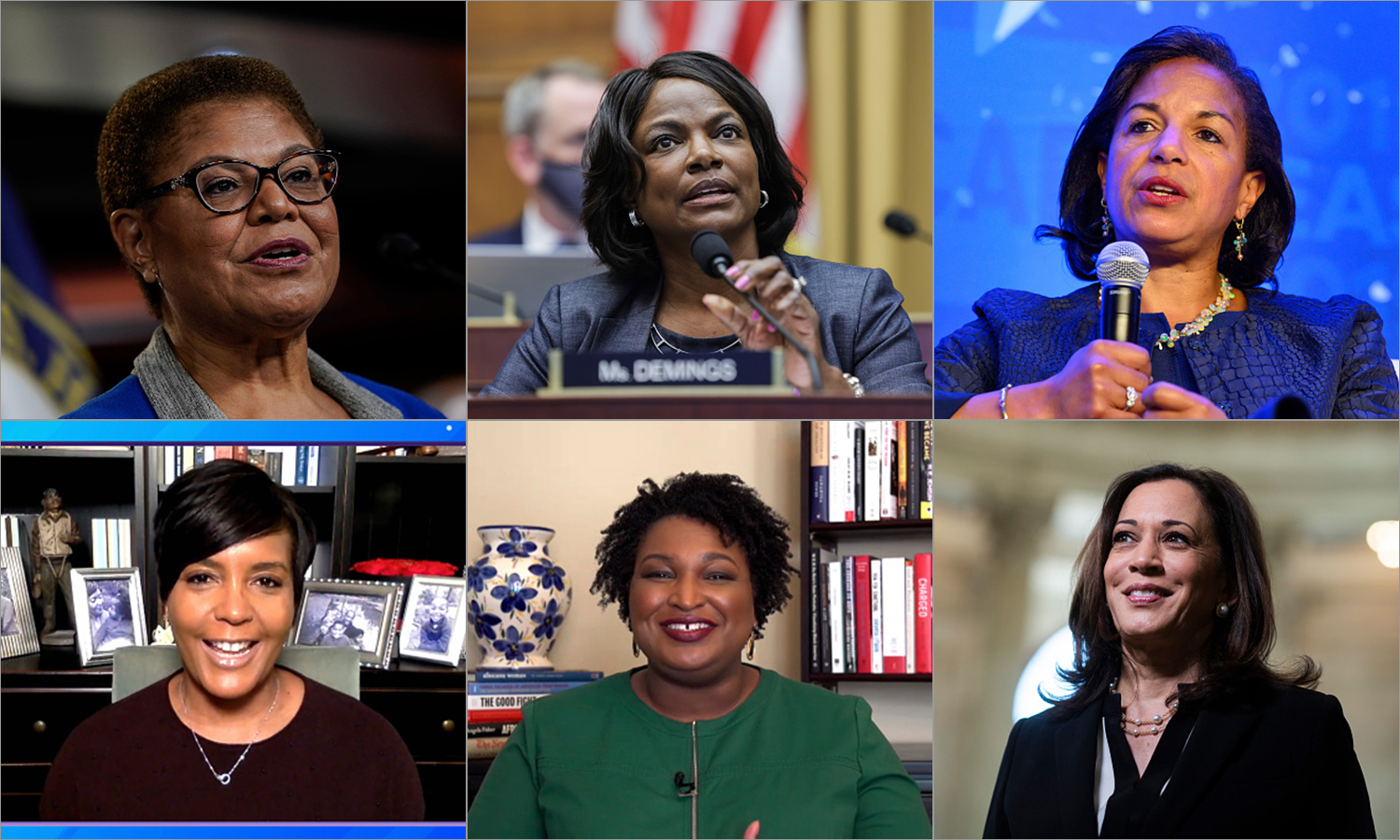Who Will Elizabeth Warren Endorse? Black Women, Racial Groups Support Her
What Elizabeth Warren’s Endorsement Of Joe Biden Means For Black Voters
UPDATED: 10:05 a.m. ET, April 14 —
More than a month after Elizabeth Warren suspended her campaign for president, the U.S. senator from Massachusetts on Wednesday announced her endorsement of Joe Biden‘s candidacy.
Warren’s announcement came one day after former President Barack Obama endorsed Biden and one week after Bernie Sanders did the same, making her the final former Democratic presidential candidate to acknowledge the former vice president as the Party’s presumptive nominee. Up until then, it was unclear who, if anybody, Warren would endorse since she publicly doubted Biden’s presidential abilities and criticized Sanders.
She had previously been in discussions with Sanders’ campaign to coordinate an announcement of her endorsing him, but she quashed that notion when she blasted him and his supporters in no uncertain terms.
“I think that’s a real problem with this online bullying and sort of organized nastiness,” Warren told Rachel Maddow during an interview on MSNBC last month after dropping out and describing the type of treatment she said Sanders’ campaign directed to her and her supporters. “I’m talking about some really ugly stuff that went on.”
Warren’s endorsement carries a lot of weight among her supporters, who, in theory, will now work to elect Biden. Some of Warren’s supporters include racial justice groups and Black women, in particular. If those two coveted voting blocs move to support Biden’s candidacy, that could prove to be the difference in what is expected to be a close election. Thus, Warren’s endorsement of Biden would theoretically only bolster his appeal to women as well as his existing popularity among Black voters.
That last one is an important question because Warren has been able to secure the support of multiple important racial justice groups as well as women’s groups, both of whom represent key demographics that can only benefit a presidential candidate on Election Day.
Warren was able to win the support of Black activists, but that never translated into Black voters casting ballots for her during the primaries. Because it is impossible to win the Democratic nomination without support from Black voters, it was only a matter of time before Warren suspended her presidential campaign.
That shouldn’t have taken away from the impressive list of her Black women supporters, a group that has often been described as the backbone of the Democratic Party. First, influential Massachusetts Rep. Ayanna Pressley offered a full-throated endorsement of Warren in November, vowing that “she can win it.” Pressley — who may be on Biden’s shortlist for vice presidential running mates — was one of Warren’s leading surrogates on the campaign trail. However, as of Wednesday, Pressley had not come out and supported Biden and her fellow members of “The Squad” have thus far resisted endorsing him.
In September, polling indicated that Warren was surging with Black voters and had made a gain of more than 10 percentage points since the prior three months, eating into Biden’s considerable lead with the coveted electoral demographic.
In November, more than 100 Black women activists announced they were “enthusiastically and wholeheartedly” endorsing Warren in part because, they said, she is the “one leader who has shown, through action, deed, and word, that a future of economic prosperity, racial justice, gender justice, and social and political equity is possible.”
The very next month, Warren scored tops on the 2020 Racial Justice Presidential Scorecard conducted by the Center for Urban and Racial Equity (CURE) Warren ranked the highest out of the Democratic candidates with a score of 91 out of 100 or an A-. CURE explained that Warren’s various policies include “a proposed $50 billion in aid to HBCUs” and that the senator “wants to increase teacher pay and work with HBCUs, non-profit minority serving institutions, and Bureau of Indian Education grantees to increase teacher diversity. She wants to pass the Voting Rights Advancement Act. Warren has a set of executive actions to ‘boost wages for women of color and open up new pathways to the leadership positions they deserve.’”
And in February, during Black History Month, no less, Warren eviscerated former New York City Mike Bloomberg on the debate stage in Las Vegas when she called him out for championing a racist stop-and-frisk culture at the NYPD. Warren was largely seen as the winner of the debate heading into the Nevada Caucuses, but she still didn’t win any delegates in that contest.
If Biden can coalesce Sanders’ younger supporters along with Warren’s supporters, they could be a major boon to his campaign and the Democratic Party in a way that hasn’t been seen since a young Barack Obama did it in 2008 and 2012.
SEE ALSO:
Where Are The Stimulus Checks? Trump Might Have Delayed Them More Out Of Vain
Georgia State Rep. Who Endorsed Trump Is Called ‘Embarrassment’ To Democrats


















